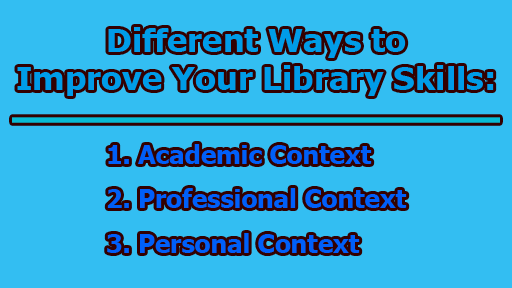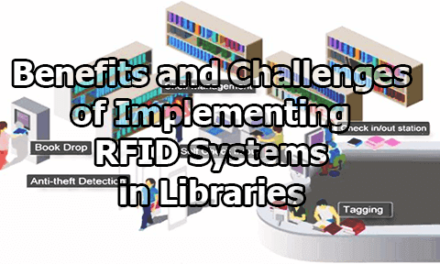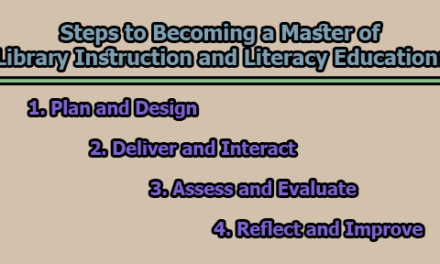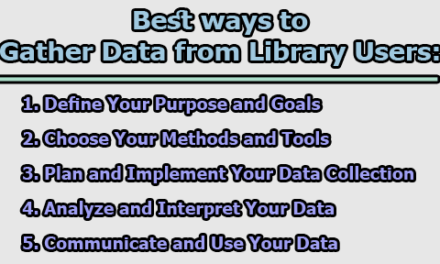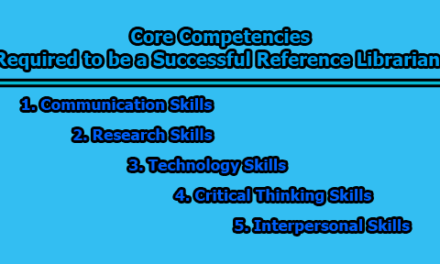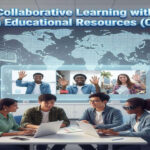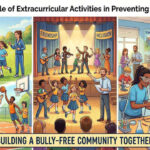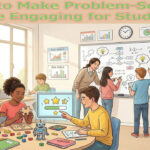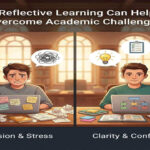Different Ways to Improve Your Library Skills:
Library skills are a set of essential competencies that empower individuals to find, evaluate, and utilize information effectively and ethically. Whether you’re a student, researcher, professional, or a lifelong learner, honing your library skills can significantly enhance your knowledge and performance in various contexts. In this article, we will explore different ways to improve your library skills in academic, professional, and personal settings.
1. Academic Context: In the academic sphere, library skills are indispensable for conducting research, writing papers, citing sources, and avoiding plagiarism. To develop these skills effectively, consider the following steps:
- Utilize Library Resources: Familiarize yourself with your library’s online catalog and databases. These resources are treasure troves of valuable information. Learning to navigate them is the first step in enhancing your academic prowess.
- Refine Search Strategies: To streamline your research, employ techniques such as using keywords and filters. These tools help you narrow down your search results to find the most relevant and reliable sources.
- Evaluate Sources: Not all information is created equal. It is vital to assess the quality, credibility, and relevance of the sources you come across. This discernment will aid you in using trustworthy information for your academic work.
- Organize and Manage: Keep your research organized by using citation managers and bibliographies. These tools help you track and cite your sources correctly, saving you time and preventing plagiarism.
- Maintain Academic Integrity: Understanding the principles of academic integrity is paramount. Properly acknowledging your information sources is essential to avoid plagiarism and maintain ethical standards in your academic pursuits.
2. Professional Context: In a professional context, library skills are indispensable for staying updated with the latest industry trends, best practices, and making informed decisions. Here’s how to excel in your professional life using these skills:
- Identify Information Needs: Begin by identifying your information needs and goals. What knowledge do you require to excel in your field? What problems do you need to solve, and what decisions do you need to make?
- Access Reliable Sources: Accessing current and authoritative information sources is critical. Stay informed by using sources that provide up-to-date insights relevant to your industry.
- Analyze and Synthesize: To make informed decisions, you must analyze and synthesize the information you find. Compare, contrast, and integrate different perspectives, data, and evidence to arrive at well-informed conclusions and recommendations.
- Apply and Share Knowledge: The knowledge you gather must be applied to your projects and strategies. Communicate this information effectively to your colleagues, clients, and stakeholders using the appropriate formats and channels.
- Evaluate Impact: Regularly assess the impact and value of the information you use. Measuring outcomes, feedback, and results will enable you to adapt your information needs and goals accordingly.
3. Personal Context: In your personal life, library skills can be a source of enrichment, learning, and self-discovery. Here’s how to leverage these skills in your personal context:
- Explore Library Collections: Libraries offer a diverse array of materials and services. Explore their collections to discover items that align with your interests, hobbies, and passions.
- Read Widely: Expand your horizons and perspectives by reading widely and diversely. Access a variety of materials, from books to digital resources, to enrich your life and well-being.
- Learn New Skills: Enroll in online courses or watch tutorials available at your library to acquire new skills and knowledge. This personal growth is essential for lifelong learning and personal development.
- Express Creativity: Libraries provide resources, tools, and spaces for you to express your creativity and curiosity. Whether you’re an artist, writer, or hobbyist, you can find a supportive environment for your creative endeavors.
- Connect with Others: Building connections with your community and fellow library-goers can be a rewarding experience. Sharing your thoughts, insights, and experiences with others can lead to mutual growth and learning.
In conclusion, developing your library skills is a valuable investment, irrespective of the context in which you apply them. In the academic arena, these skills are essential for rigorous research and ethical scholarly conduct. In the professional world, they empower you to make informed decisions, stay updated, and communicate effectively. In your personal life, library skills offer endless opportunities for enrichment, learning, and creativity. So, whether you are a student, researcher, professional, or a lifelong learner, embrace the power of library skills to enhance your knowledge and performance in different aspects of your life.

Library Lecturer at Nurul Amin Degree College

